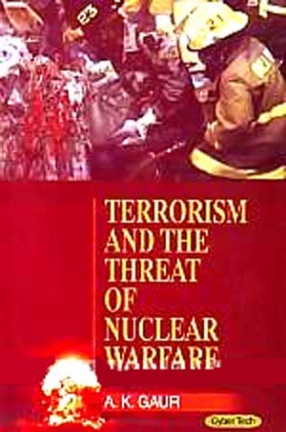Terrorism, whether in the form of a mass physical attack or a chemical, biological, radiological, or nuclear event, can be psychologically devastating. Psychological consequences include an array of emotional, behavioral, and cognitive reactions. People may experience insomnia, fear, anxiety, vulnerability, anger, increased alcohol consumption, or smoking, and a minority will develop psychiatric illnesses such as psttraumatic stress disorder or depression. The number of people affected and the severity (If consequences will vary, according to the type and intensity of the event. The broad nature of these consequences demands a full public health response. The nation's mental health, public health, medical, and emergency response systems currently are not able to meet the psychological needs that result from terrorism. Gaps exist in the coordination of agencies and services, training and supervision of professionals, public communication and dissemination of information, financing, and knowledge- and evidence-based services. Interventions are needed for the pre-event, event, and post-event phases of a terrorist attack and will have to address affected individuals and populations, the broader social environment, and the terrorists who seek to harm.
Terrorism and the Threat of Nuclear Warfare
In stock
Free & Quick Delivery Worldwide
reviews
Bibliographic information
Title
Terrorism and the Threat of Nuclear Warfare
Author
Edition
1st ed.
Publisher
Cyber Tech Publications, 2011
ISBN
9788178847658
Length
294p., 23cm.
Subjects







There are no reviews yet.